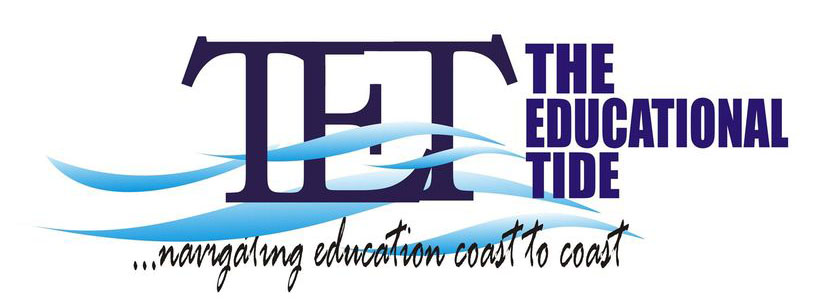Stakeholders in the education sector, at the National Education Stakeholders Discussion in Abuja on Thursday, have agreed to work on the safety mechanism and precautionary measures put in place by the Federal Government towards reopening of schools.
The parley organised by Civil Society Action Coalition on Education for All, had the theme: “COVID-19: Towards school reopening, Mobilising Communities on ensuring safety, compliance in school and home based learning.”
Participants expressed concern that COVID-19 had disrupted the progress being made in the sector in ensuring girl-child education and reducing the number of out-of-school children in the country.
Dr. Judith Giwa, UNICEF Education in Emergency Coordinator, in her submission called for the attainment of educational quality in the face of the pandemic.
Giwa said it was important for all stakeholders to collaborate, while ensuring that no child is left behind in the policy formulation and implementation of the sector.
She also said the problem of inequality must be addressed, stressing that no child should be left behind in post pandemic educational policy.
“The bulk of the children are in the rural areas and even as we talk of e-learning, over 80 per cent of them have no access to personal laptop and internet facility for home based learning.
“Over 300 million children are in areas where mobile networks do not exist.
“These are the inequality that we must make sure we address.
“My concern is that: are these children in the rural areas who have no access to laptops and internet facility going to write the same WAEC as children in the urban areas?
“So, this is the inequity that through education we actually struggle to address.”
Giwa said a lot had been done towards schools reopening and that the organisation had been working with its development partners to give effective tools for home based learning.
Also, Femi Aderibigbe from Malala Foundation called for gender-based approach and resilience towards addressing the effect of COVID-19 on girl child education, saying that girls were affected most during the pandemic.
He said as a result of poverty occasion by COVID-19, some parents would resort to coping mechanism by engaging in child trading and labour as well as giving out their girl child in marriage.
Aderibigbe advocated a 12-year quality education plan for the girl child, while also encouraging young mothers to go back to school.
Dr. Clinton Ikpitibo, from the Nigeria Union of Teachers, who spoke on teachers’ preparedness, said they were ready to go back to the classes.
Ikpitibo called for more training and retraining of teachers as well as more funding to meet the needs of the sector.
He, therefore, called on the National Association of Proprietors of Private Schools to comply fully with the guidelines put in place by the Federal Government towards safe reopening of schools.
Also speaking, Godwin Yakubu, National Secretary, All Nigeria Confederation of Principals of Secondary Schools, said teachers should be carried along in the formulation and implementation of the COVID-19 guidelines for schools.
Yakubu said stakeholders must be involved before school reopening so that everyone can be on the same page and also to achieve unity of purpose.
In the same vein, Mallam Kabiru Aliyu, National Moderator, CSACEFA, called on stakeholders to contribute to a safer robust learning and teaching in spite the challenges.
Aliyu called for an increase access to learning at home and as well as strengthen synergy between government and Civil Society Organisations in providing quality and inclusive learning for students in basic and secondary education.
Education stakeholders fine-tune safety mechanism for schools reopening
Please login to join discussion












